
In 1985, following a complaint from a local reader, staff at the Public Library in Nijmegen decided to remove Charles Bukowski’s book, Tales of Ordinary Madness, from their shelves whilst declaring it “very sadistic, occasionally fascist and discriminatory against certain groups (including homosexuals).” In the following weeks, a local journalist by the name of Hans van den Broek wrote to Bukowski and asked for his opinion. It soon arrived.
Look at a picture and read the entire poetic response here.
“If I write badly about blacks, homosexuals and women it is because of these who I met were that. There are many “bads”–bad dogs, bad censorship; there are even “bad” white males. Only when you write about “bad” white males they don’t complain about it. And need I say that there are “good” blacks, “good” homosexuals and “good” women?”
I think that whoever complained just couldn’t read English or between the lines properly.
(Link: lettersofnote.com, via @ejpfauth on Twitter)

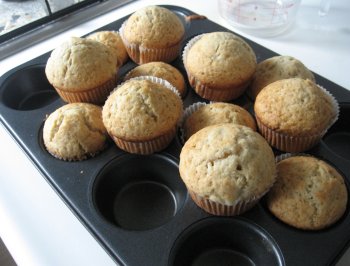
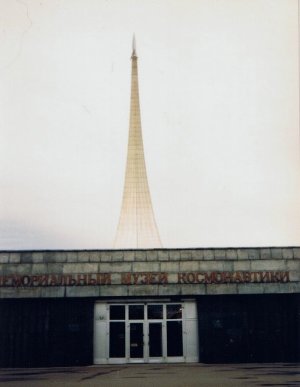
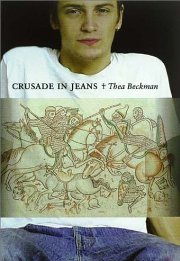 If you would ask us for our opinions about the best music (classic or pop), comics, films or literature, chances are the Dutch would come up with the names of British, American, Japanese, Belgian, French, German or Russian works. But when the Sargasso blog held a poll last month to determine the
If you would ask us for our opinions about the best music (classic or pop), comics, films or literature, chances are the Dutch would come up with the names of British, American, Japanese, Belgian, French, German or Russian works. But when the Sargasso blog held a poll last month to determine the 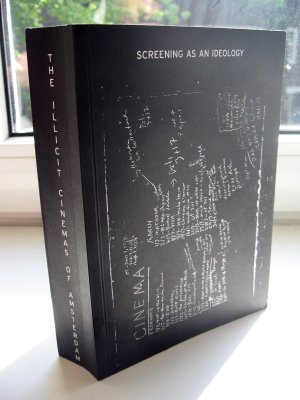
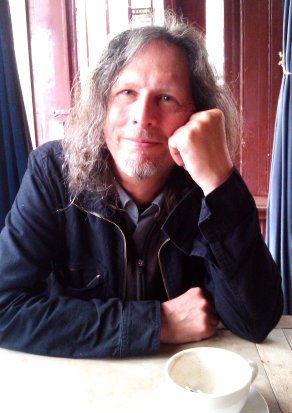
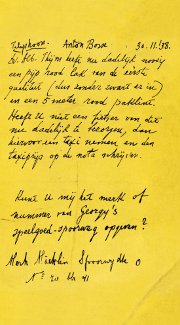 Mr Alberdingk Thijm (1864-1952) thought using the newfangled telephone was a little too banal for his taste. When he wanted to talk to someone, he wrote down what he wanted to say, and then let his personnel read out his notes over the phone.
Mr Alberdingk Thijm (1864-1952) thought using the newfangled telephone was a little too banal for his taste. When he wanted to talk to someone, he wrote down what he wanted to say, and then let his personnel read out his notes over the phone.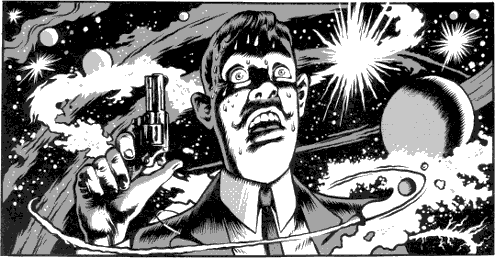
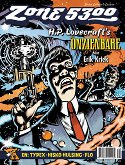 Zone 5300 has published one of the stories, a nine-pager called
Zone 5300 has published one of the stories, a nine-pager called 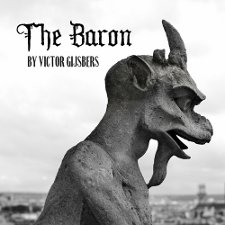 A couple of weeks ago I recommended you play
A couple of weeks ago I recommended you play 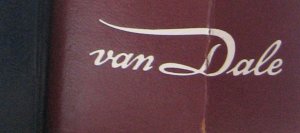
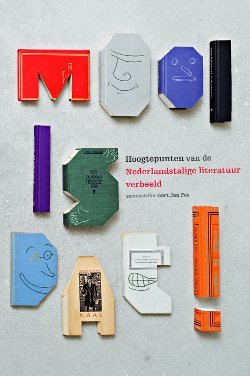 Dutch comics intendant—yes, that is an official title—Gert Jan Pos asked 57 comics artists from the Netherlands and Flanders to create abstracts of classic Dutch literature in comic form. There was one catch, each comic had to encompass the entire work in a single page.
Dutch comics intendant—yes, that is an official title—Gert Jan Pos asked 57 comics artists from the Netherlands and Flanders to create abstracts of classic Dutch literature in comic form. There was one catch, each comic had to encompass the entire work in a single page.